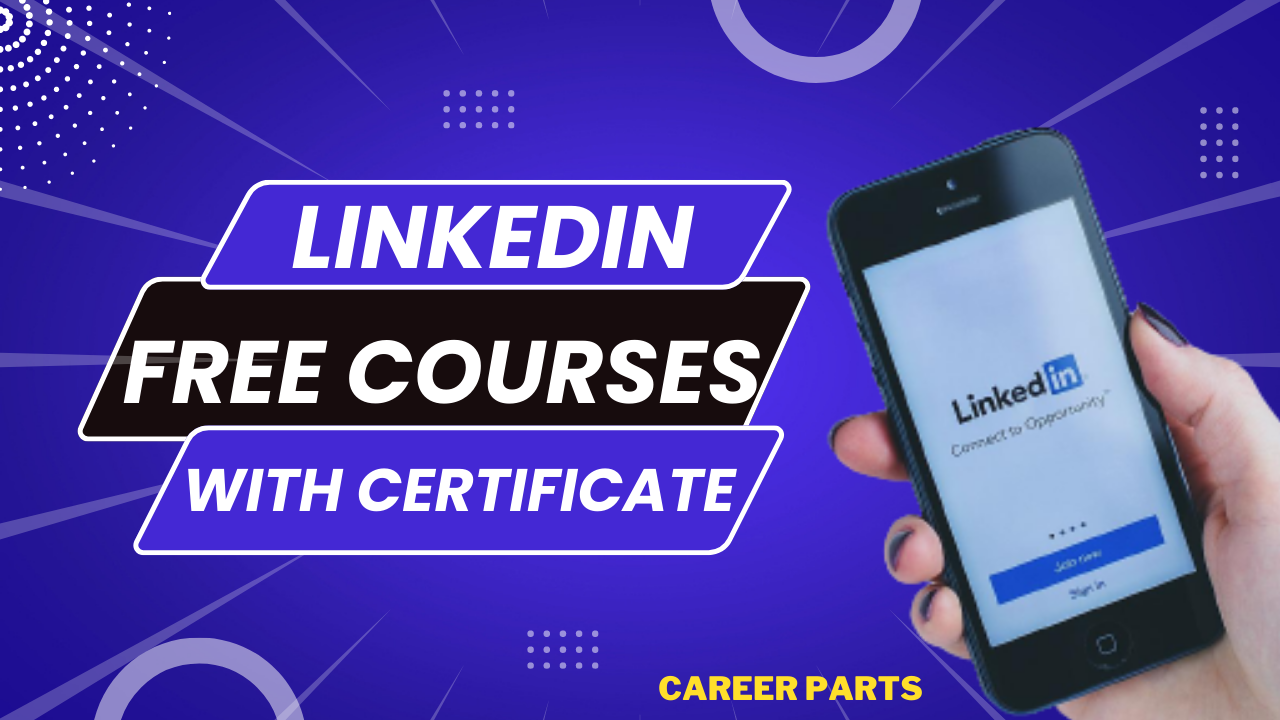Table of Contents
What is LinkedIn?
LinkedIn is an American social networking site that enables users to connect with one another across different industries and occupations. LinkedIn has over 350 million members, who are active in over 150 countries. The site is used for job search, networking, and professional development.
What is the LinkedIn online free course?
LinkedIn offers a variety of free courses that can help you get ahead in your career. Whether you’re looking to learn about industry trends, how to network with potential clients, or just improve your understanding of the company culture, LinkedIn has a course for you.
So, are you looking for a way to improve your career? If so, you’re in luck! The LinkedIn online free course can help you do just that. This 9-week online course offers a detailed look at the company culture and how to be a success on Linkedin. Whether you’re looking for an overview of what the company does or want to learn more about how to connect with potential employers, this course is perfect for you.
LinkedIn free courses with certificate
If you’re looking to improve your skills as a LinkedIn professional or with other skills, there are plenty of free courses available that offer a certificate. The best way to find them is to check LinkedIn’s courses which we will describe on our website to get LinkedIn free courses with certificates, where you can find links to many different courses to start from today.
Why LinkedIn free courses with certificates is important?
There are a few reasons why it is important to take a LinkedIn free course with a certificate. First, many of the company’s best and brightest are already connected to them through the network. Second, by taking the free course you can build on your skills and knowledge while also increasing your chances of landing a job later on in life. Finally, most companies now offer paid courses that can give you the skills and experience you need for a career in their industry.
There are a few reasons why it is important to take a LinkedIn free course with a certificate.
Another core reasons are that; first, many of the skills and knowledge that you will need to succeed in business are taught in LinkedIn courses.
Second, LinkedIn has been shown to be an effective platform for networking and finding jobs. Finally, many companies and organizations now offer free courses or certificates that can help you learn more about those industries or companies.

Top 10 LinkedIn Free Courses with Certificate in 2022
If you are a university student or any professional this course is for you. Because from those courses you can learn many things which may help to develop your skills and enhance your working capability. Here are the most popular courses on LinkedIn Learning this year. Dive into any of this course content for free;
1. How to Manage Feeling Overwhelmed Course
The ability to manage one’s feeling overwhelmed can be very important in order to stay on top of life’s demands. When feeling overwhelmed, people are more likely to give up or let their feelings spiral out of control. This can lead to further stress and anxiety, which can have a big impact on overall well-being.
Managing one’s feeling overwhelmed can be done in many ways, but some of the most common methods include: setting goals, breaking down the task into smaller goals, focusing on positive aspects of the task, and finding someone who can help support you during your process.
There are a number of different types of managing feeling overwhelmed that work best for different individuals. However, one general rule that applies to most people is that it is better to start with small steps rather than taking on too much at once.
Course Overview
Syllabus
Introduction
- An overview of overwhelm
- How to use this course
1. Understanding Overwhelm
- Your brain on overwhelm
- Coming to your senses to disrupt stress
2. Disrupting Overwhelm
- Creating calm with breathing techniques
- Cultivating flow with positive emotions
- Focusing on a new perspective
- Taking imperfect action to boost focus
- Using strategic distractions
3. Preventing Overwhelm
- Getting to the core of your overwhelm
- Recognizing stress sensitivity
Conclusion
- Ending overwhelm for good


1 thought on “LinkedIn Free Courses with Certificate in 2023”